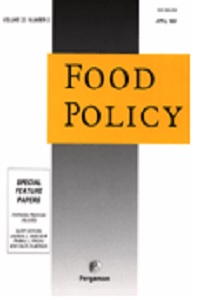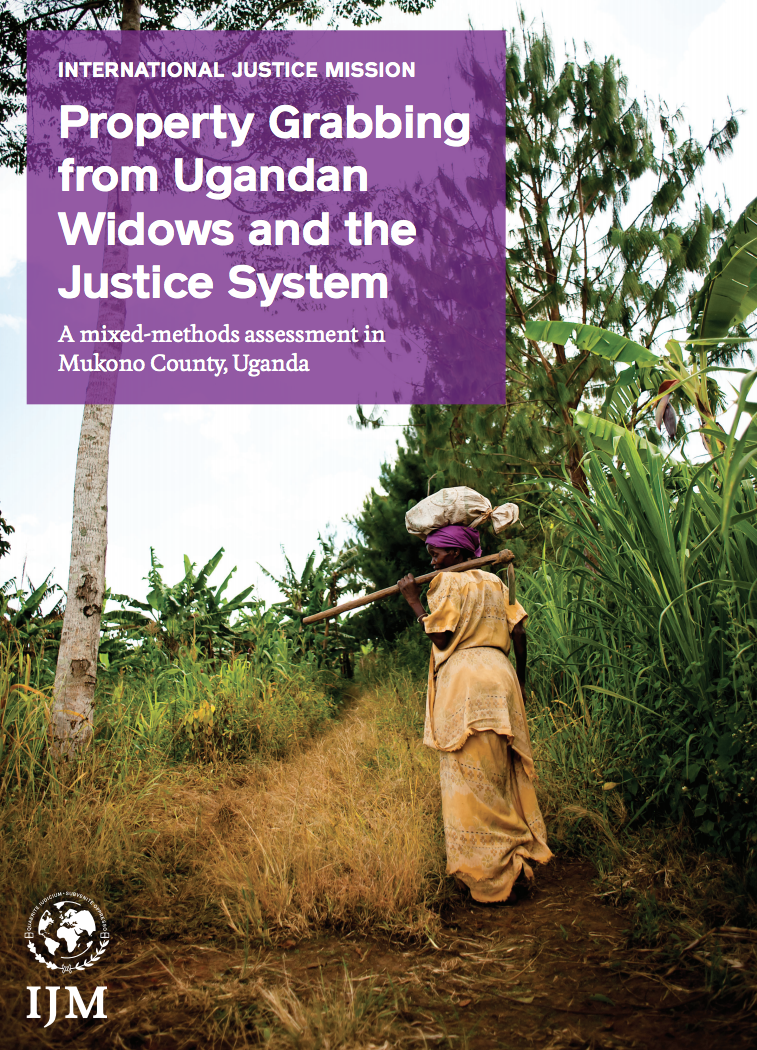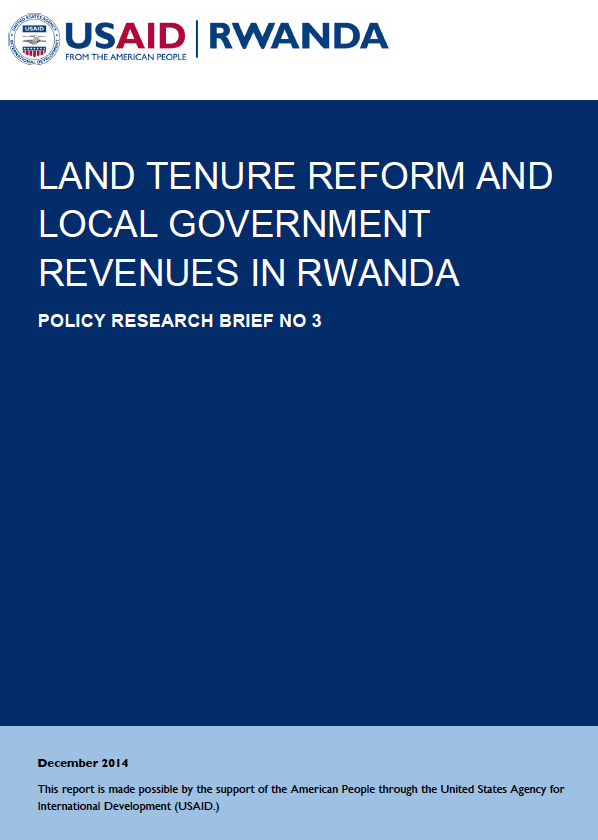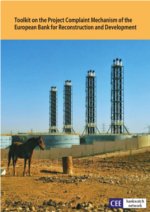Integrating livestock feeds and production systems into agricultural multi-market models: The example of IMPACT
The various ways in which livestock production systems can be incorporated into economic, partial-equilibrium, multi-market models are presented, and the challenges outlined. A particular focus and illustrative case is livestock feed. Foremost among the challenges is the reconciliation of scientific understanding of livestock feed requirements and production characteristics with the available national data. Another challenge is in estimating herd structures.








